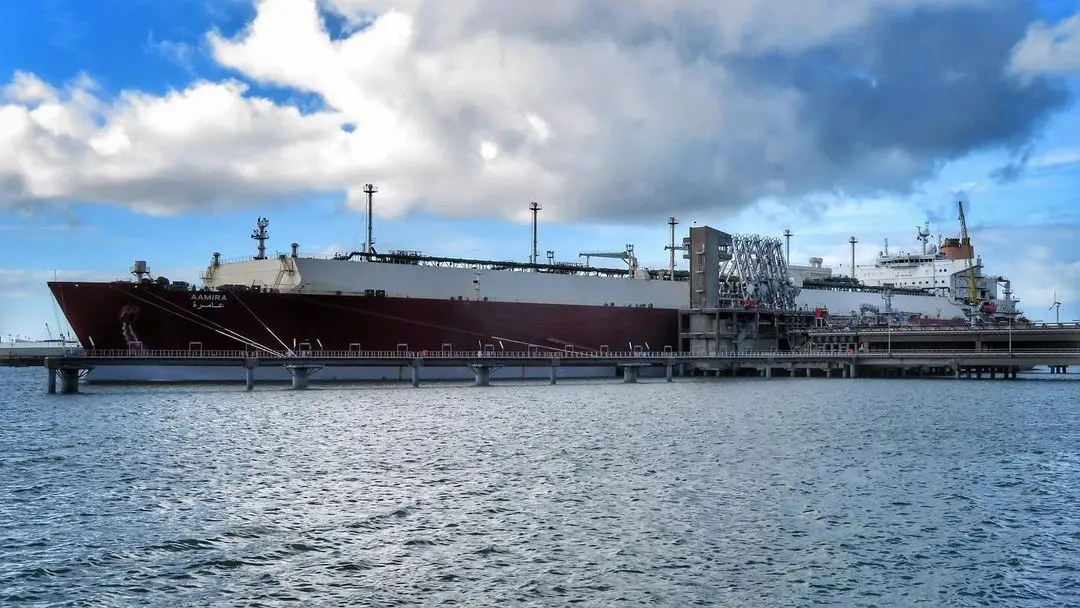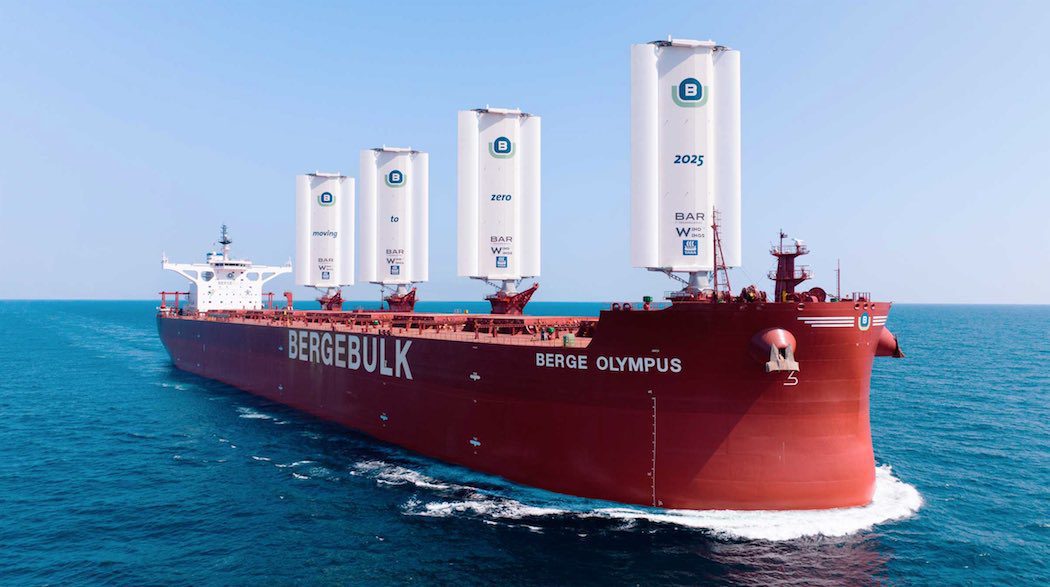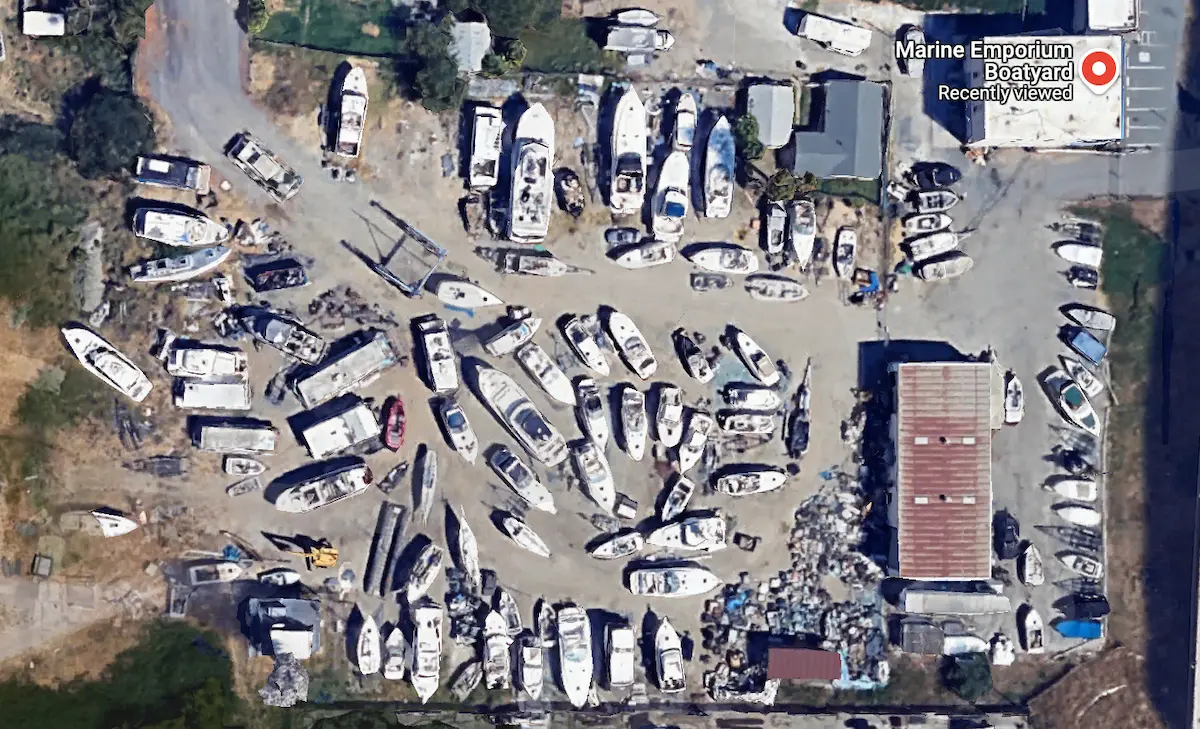Ship brokering is the process of matching ship owners and operators with cargo owners who need to transport their goods by sea. A ship broker acts as an intermediary between the two parties, negotiating terms and facilitating the transfer of cargo and payment.
Ship brokering plays a crucial role in the global shipping industry, connecting ship owners and operators with cargo owners who need to transport their goods by sea. The shipping industry is vast, and the demand for transport services is always present, making ship brokering a crucial component in ensuring the smooth flow of goods around the world.
The role of a ship broker is to act as an intermediary between ship owners and operators and cargo owners, negotiating terms and facilitating the transfer of cargo and payment.
A ship broker must have a strong understanding of the shipping market, including market trends and regulations, as well as knowledge of shipping contracts and maritime or admiralty law.
A broker must also have excellent communication and negotiation skills, as well as a high level of professionalism and ethical standards. Some of the key responsibilities of a ship broker include identifying the needs of both ship owners and charterers, finding suitable vessels, negotiating terms, drafting and finalizing the charter party agreement, and facilitating the transfer of cargo and payment.
The Ship Brokering Process
The first step in the ship brokering process is to identify the needs of both ship owners and charterers. The ship broker must understand the requirements of both parties, including the type and quantity of cargo, the destination, and the desired time frame. This information will help the broker match the right ship owner with the right charterer.
Once the needs of both parties have been established, the ship broker must then find suitable vessels to meet those needs. The broker will typically have access to a database of ships, including their size, capacity, and other relevant information. The broker will use this information to identify vessels that are suitable for the specific requirements of the charterer.
Once the broker has identified a suitable vessel, they will then negotiate the terms of the charter party agreement. The broker must ensure that the agreement meets the needs of both the ship owner and charterer and is in line with industry standards and regulations.
Once the terms of the agreement have been agreed upon, the broker will draft the charter party agreement. The broker will ensure that the agreement is complete and accurate and that all parties have signed it. Once the agreement has been signed, the broker will finalize it and ensure that all parties have a copy.
Once the charter party agreement has been finalized, the broker will then facilitate the transfer of cargo and payment. This includes coordinating the shipment of the cargo and ensuring that payment is made to the ship owner in accordance with the terms of the agreement. The broker will also be responsible for resolving any issues that may arise during the transportation process.
Types Of Ship Brokering
Ship brokering is the act of facilitating transactions between buyers and sellers of ships. It is a complex and specialized field that requires a comprehensive understanding of the shipping industry, the vessels, and the market conditions. Here are some of the most common types of ship brokering:
- Dry Cargo Brokering
- This type of brokering involves the sale and purchase of dry cargo ships, such as bulk carriers, container ships, and general cargo vessels. The brokers in this field must have a deep understanding of the different types of cargo ships, their capabilities, and the cargo markets they serve. They must also be well-versed in the various regulations and contracts associated with dry cargo shipments.
- Tanker Brokering
- This type of brokering involves the sale and purchase of tanker ships, such as oil tankers, chemical tankers, and LPG and LNG carriers. The brokers in this field must have a comprehensive understanding of the tanker markets, the different types of tanker ships, and the regulations and contracts associated with tanker shipments. They must also have a deep knowledge of the oil and chemical industries and the supply and demand factors that affect tanker markets.
- Chartering Brokering
- This type of brokering involves the arrangement of short-term rentals (charters) of ships for a specific purpose, such as transporting cargo or carrying passengers. Chartering brokers must have a good understanding of the shipping industry, the different types of ships and their capabilities, and the cargo and passenger markets. They must also have strong negotiation skills and the ability to match the right ship with the right charter opportunity.
- Sale and Purchase Brokering
- This type of brokering involves the sale and purchase of ships and can encompass all types of ships, including dry cargo ships, tanker ships, and specialty vessels. Sale and purchase brokers must have a comprehensive understanding of the shipping industry, the different types of ships, and the market conditions affecting the sale and purchase of ships. They must also have strong negotiation skills and the ability to match buyers and sellers effectively.
Ship brokering is a complex and specialized field that requires a deep understanding of the shipping industry, the vessels, and the market conditions. The various types of ship brokering each have their own unique challenges and require different skills and knowledge. Regardless of the type, successful ship brokers must have strong negotiation skills, market knowledge, and the ability to match buyers and sellers effectively.
The Role of Ship Brokers
Ship brokers play a vital role in facilitating the buying and selling of vessels in the maritime industry. They serve as intermediaries between ship owners and potential buyers, providing a range of services to help facilitate transactions and ensure that all parties involved are satisfied with the outcome. The following are some of the key roles and responsibilities of ship brokers:
- Facilitating negotiations: One of the primary roles of ship brokers is to facilitate negotiations between ship owners and potential buyers. This involves working with both parties to understand their needs and requirements, and using this information to negotiate terms that are acceptable to all involved. Ship brokers will also work to resolve any disputes that may arise during the negotiation process.
- Providing market intelligence: Ship brokers are experts in the maritime industry and are well-versed in current market trends and conditions. They use this knowledge to provide valuable information and insights to both buyers and sellers, helping them to make informed decisions about their transactions.
- Arranging inspections and surveys: Before a vessel is sold, it is important to have it thoroughly inspected and surveyed to determine its condition and value. Ship brokers are responsible for arranging these inspections and surveys, and for coordinating with the relevant parties to ensure that they are carried out efficiently and effectively.
- Handling documentation: The sale of a vessel involves a significant amount of paperwork, including contracts, bills of sale, and other legal documents. Ship brokers are responsible for handling this documentation, ensuring that it is accurate and complete, and for coordinating with the relevant parties to ensure that all necessary documents are signed and filed in a timely manner.
- Managing risk: Ship brokers are responsible for managing risk throughout the transaction process. This includes conducting due diligence on potential buyers and sellers, and working to mitigate any potential risks or challenges that may arise.
Overall, the role of ship brokers is to facilitate the buying and selling of vessels in the maritime industry, helping to ensure that transactions are carried out efficiently and effectively and that all parties involved are satisfied with the outcome.
Qualifications And Skills Of A Shipbroker
To become a ship broker, one must have a strong background in the shipping industry and a deep understanding of shipping operations and market trends. Most ship brokers hold a degree in maritime studies, business, or a related field.
Some brokers also have a maritime education or a background in shipping operations. In addition to formal education, many ship brokers also undergo additional training and certification programs to gain a more comprehensive understanding of the shipping industry.
A ship broker must have strong communication and negotiation skills to effectively match ship owners and charterers and negotiate the terms of the charter party agreement.
The broker must be able to clearly articulate the needs of both parties and negotiate terms that are fair and beneficial to both. Good communication and negotiation skills are also essential for resolving any issues that may arise during the transportation process.
A ship broker must have a deep understanding of the shipping market and must be familiar with industry trends and regulations. This includes knowledge of freight rates, shipping routes, and the availability of vessels.
The broker must also have a solid understanding of the regulatory environment and must be able to ensure that all parties comply with applicable laws and regulations.
A ship broker must have a strong understanding of shipping contracts and shipping law. This includes knowledge of the International Chamber of Shipping’s standard form of charter party agreement and other standard forms used in the industry.
The broker must also have a solid understanding of maritime law and must be able to advise both parties on legal issues that may arise during the transportation process.
The Future of Ship Brokering
The shipping industry is constantly evolving and adapting to new technologies, market trends, and regulations. The role of ship brokers is also likely to change in response to these developments. In recent years, there has been a growing trend towards digitalization in the shipping industry, with the development of online platforms and services that connect ship owners and charterers.
However, despite the rise of digitalization, the role of the human ship broker will likely remain critical to the success of the shipping industry. The broker’s ability to understand the needs of both parties and negotiate the best deal for all involved will continue to be a valuable skill in the future of shipping.
In addition, the growth of global trade and the increasing demand for goods from emerging markets is likely to drive demand for shipping services and the need for experienced ship brokers.
The shipping industry is also facing challenges related to sustainability and the need to reduce emissions, and brokers will play an important role in helping ship owners and charterers navigate these challenges.
Overall, the future of ship brokering looks promising, as the demand for shipping services continues to grow and the role of the broker evolves to meet the needs of the changing industry.
With the right education, training, and experience, ship brokering can be a rewarding and lucrative career for those interested in the shipping industry.
Conclusion on Ship Brokering
Ship brokering is a critical function within the shipping industry, connecting ship owners and charterers and facilitating the movement of goods and materials around the world.
The role of the ship broker involves a deep understanding of the shipping industry, strong negotiation skills, and the ability to navigate complex shipping contracts and regulations.
In order to become a successful ship broker, it is important to obtain the necessary education and training, develop strong communication and negotiation skills, and stay up-to-date with market trends and regulations.
Despite the rise of digitalization in the shipping industry, the human element and expertise of the ship broker will continue to be an essential part of the industry’s future.
- Types of Gas Carriers as per IGC Code – April 22, 2025
- Wind-Assisted Propulsion Systems (WAPS): A Game Changer for Maritime Decarbonization – February 6, 2025
- 10 Boat Salvage Yards in California – January 25, 2025




